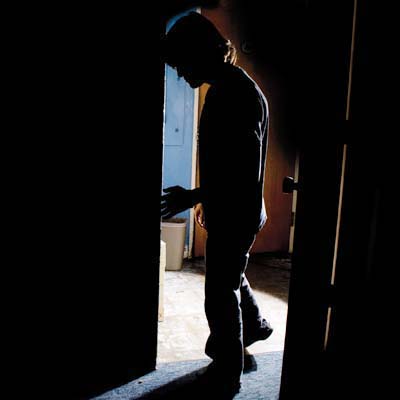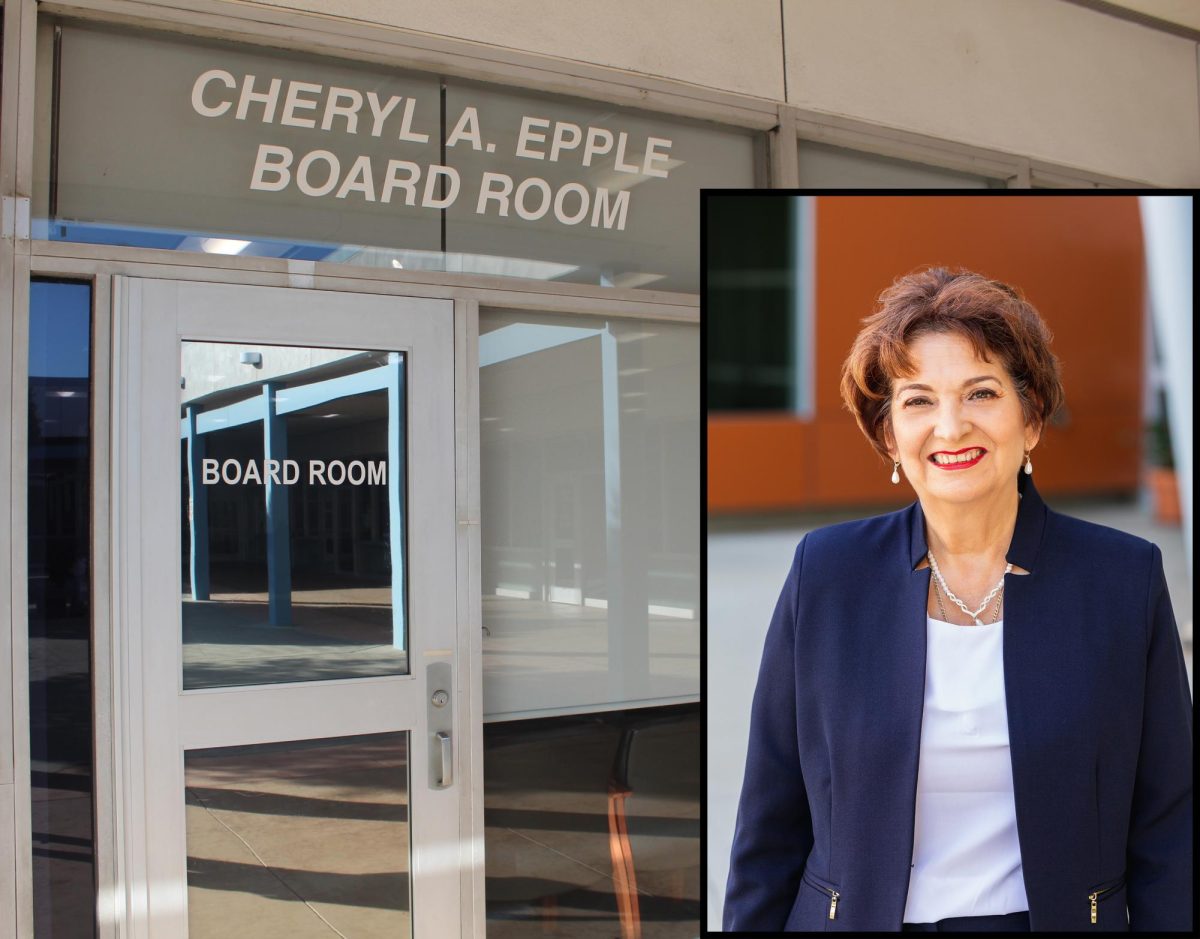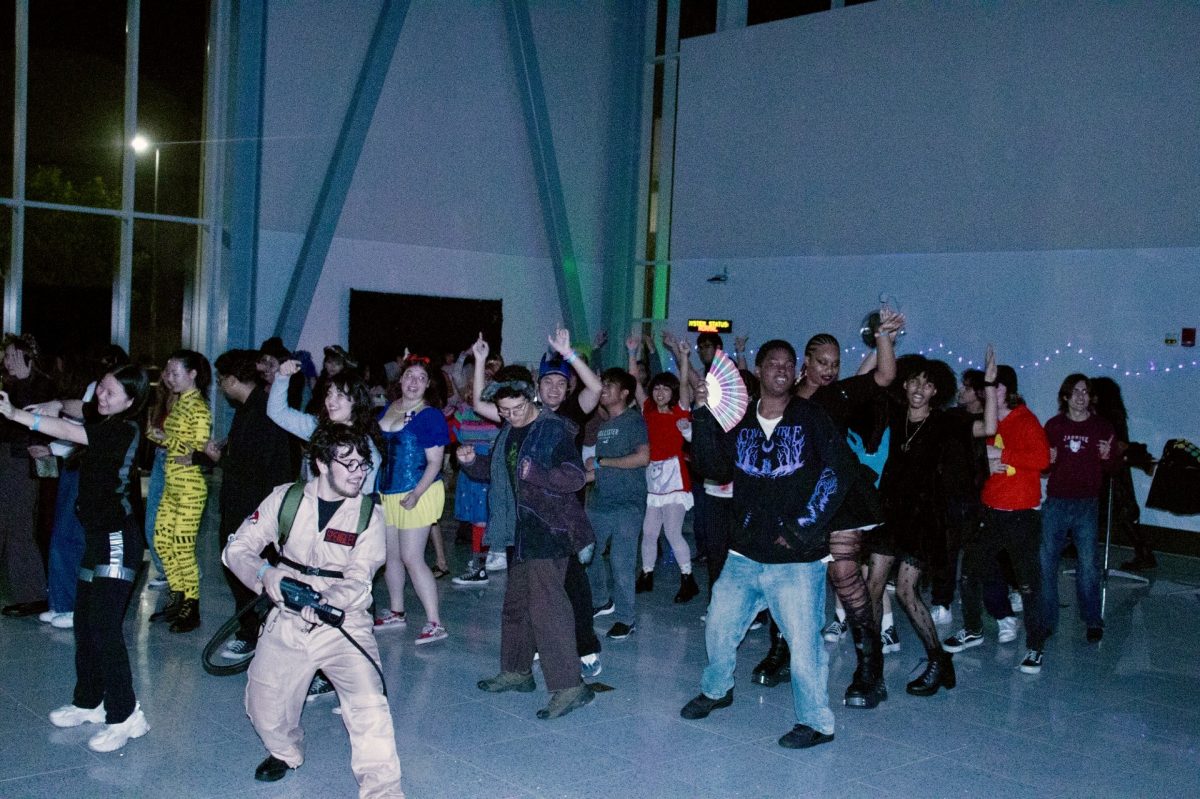Twelve years after it was introduced before both houses of Congress, the Hate Crimes Prevention Act was signed into law Oct. 28, expanding upon the 1968 Federal Hate Crimes Law to add crimes motivated by sexual-orientation, gender, gender identity and disability to the list of punishable federal hate crimes.
Its passing is considered a milestone of the gay rights movement because it is the first piece of legislation that specifically protects the lesbian, gay, bisexual and transgender community.
President Barack Obama remarked at a reception held at the White House for the signing of the bill, “We must stand against crimes that are meant not only to break bones, but to break spirits—not only to inflict harm, but to instill fear.
“The rights afforded every citizen under our Constitution mean nothing if we do not protect those rights— both from unjust laws and violent acts.”
Since the enactment in 1990 of the Hate Crimes Statistics Act, the FBI has published annual reports detailing reported hate crimes in the United States. According to the Human Rights Campaign, who lobbied for the bill’s passing, nearly 87,000 hate crimes have been reported since the bill’s introduction in 1997.
The law bears the names of two highly publicized victims of hate crimes, Matthew Shepard and James Byrd Jr., both of whom violently lost their lives.
Obama thanked the Shepard and Byrd families for their efforts.
“No one in America should ever be afraid to walk down the street holding the hands of the person (he) loves. No one in America should be forced to look over (his) shoulder because of who (he is) or because (he) lives with a disability,” Obama added.
Up until the passage of the bill, only 32 states had statutes that included sexual-orientation bias as a hate crime, and 28 states that covered gender.
Alex Aguayo, president of the Cerritos College Queer Straight Alliance, said, “In California, we’re not going to see much of a difference because we’re progressive enough to have our own hate crime laws that were completely inclusive.
“But you go to other states like Texas, who up until 2003, had the Sodomy Laws where it was still illegal to be gay or to do gay acts.
“If they hadn’t erased those statutes what makes you think they’re going to protect people.”
Before the 2003 Supreme Court Case of Lawrence v. Texas invalidated sodomy laws in all 50 states, 13 states had penalties for acts of sodomy including fines and in some states up to 10 years imprisonment.
Those conservative states that might have not otherwise considered statutes protecting people based on sexual orientation, gender or disability will now be mandated under federal law.
“They may not be willing to prosecute for hate crimes against gays, so you need someone at the federal level overseeing it and now the federal government can step in and say ‘If you won’t protect these kids and enforce the laws, then we will and the FBI will get involved,'” Aguayo said.
Obama noted, “Prosecutors will have new tools to work with states in order to prosecute to the fullest those who would perpetrate such crimes.”
Aguayo sees that the new piece of legislation can be used as momentum for other pending gay rights bills.
“There are other things we need to rush that should have already happened. We have the employment non-discrimination act in California, but there are still a lot of states where you can be fired simply for being gay and it’s not illegal to do that.
“This act has to go through, especially with the recession. The first people you fire are the ones you don’t like, or you could fire the gay people because they can’t complain.”
Not everyone agrees with the bills passing or some of the bills currently being considered by congress.
The American Family Association a Christian non-profit organization, who believes that the bill “is simply the first in a line of morally repugnant pro-homosexual bills that are on the horizon,” is urging its members to take action and “let every senator who voted for the ‘hate crimes’ bill know that his vote will not be forgotten when he stands for re-election.”
The AFA believes that the bill “not only criminalizes thought, it creates a judicial caste system in which those who engage in non-normative sexual behavior perversely get more protection than heterosexuals.”
Aguayo hopes that most people can see the act not simply as special rights for gays, but as more protection for everyone.
“Even if you completely disagree and are disgusted and it’s against everything you believe in that does not mean you have the right to beat someone and that’s definitely the bottom line,” Aguayo said. “[The bill] sends a strong message that it is a hate crime and it is not tolerable.”
Members of the Cerritos College LGBT community have had to come face-to-face with protestors against gays on campus in the past.
Aguayo said, “I see those preachers on campus and I know that there is no way that we are going to change them, so that’s never an objective and there’s no way we can kick them out.
“But that doesn’t mean we can’t drown their message because there might be someone who’s walking by or someone who’s sitting there who had the same insecurities that I had.”
Aguayo believes the Cerritos College Queer Straight Alliance plays an important role in providing support for its members by empowering them and making them less susceptible to hate crimes, as well as providing education about issues.
“A lot of us are bullied. The problem is you have gay people who are insecure especially at the middle school and high school level, so they’re shut down and it makes them easy targets because they’re internally struggling.
“It’s empowering for them to see that we’re here and that we’re protecting the community, at least here at Cerritos College,” Aguayo said.








